Media Hall of Shame
Welcome to the Media Hall of Shame, where we highlight notable errors and controversial incidents in Pakistani media. From newspaper blunders and TV channel missteps to fake news and questionable acts by journalists or talk show guests, we document it all. Explore our continuously updated archive and decide for yourself which individuals, organizations, or outlets deserve the spotlight.
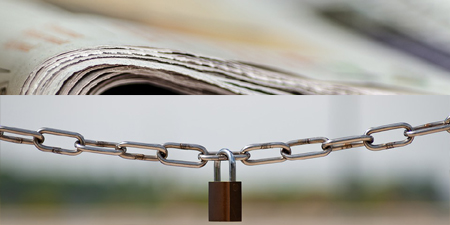
Dawn highlights unprecedented pressure on editors to drop stories
Published 6 years ago: Dawn reveals unprecedented pressures on editors, affecting media freedom and integrity amidst increasing government control and intimidation tactics.

Social media fake news fans tension between Pakistan and India
Published 6 years ago: Social media has fueled tensions between India and Pakistan with widespread circulation of fake news amid escalating military conflicts.
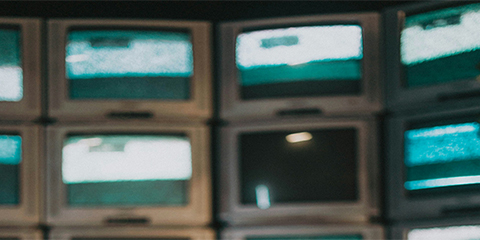
Here's why these 17 channels got fined; Geo on the list
Published 7 years ago: PEMRA fines 16 news channels Rs 1 million each for airing false news about a court ban on Nawaz Sharif's speeches, highlighting media responsibility.
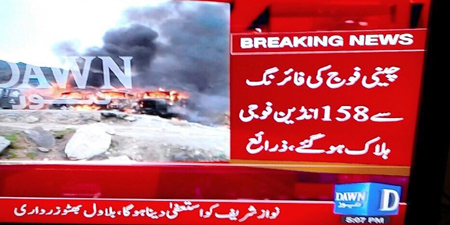
Dunya and DawnNews air fake news
Published 8 years ago: Dunya Television and DawnNews aired fake news about Indian soldiers killed in a clash with China, drawing strong condemnation from both Beijing and New Delhi.
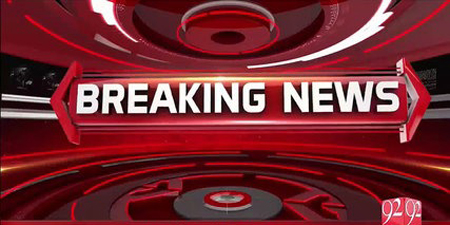
92 News airs two-year-old clip as breaking news, gets PEMRA notice
Published 8 years ago: PEMRA issued a show-cause notice to Channel 92 News for airing a two-year-old video as breaking news about indecent activities in schools.

Nine channels get notices for airing fake news of plane crash
Published 8 years ago: Nine TV channels face PEMRA notices for broadcasting false news about a plane crash in Kallar Syedan, risking fines or license cancellations.

First with the false news and into the Hall of Shame
Published 8 years ago: PEMRA issues notices to 29 Pakistani channels for broadcasting false bomb blast news, highlighting systemic issues in broadcast journalism.
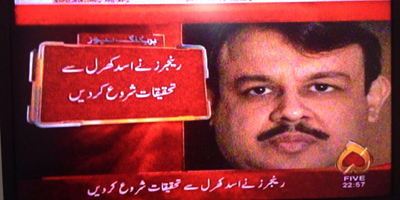
Channel 5 and Dunya in embarrassing Asad Kharal blunder
Published 9 years ago: Channel 5 and Dunya mistakenly identified journalist Asad Kharal, causing outrage and raising concerns over media standards in Pakistan.
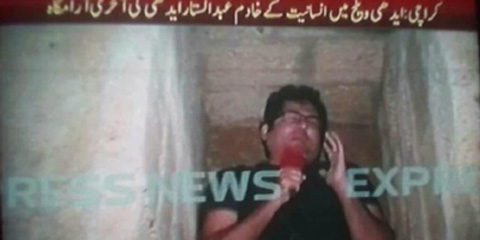
'Disgusting and unethical': Express News journalist reports live from Edhi grave
Published 9 years ago: A reporter from Express News faced backlash for reporting live from the grave of Abdul Sattar Edhi, sparking outrage and an apology from the channel's management.
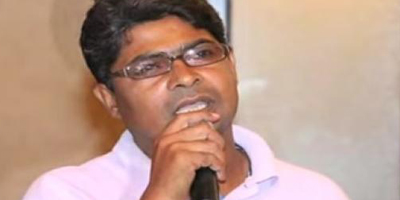
Alleged religious discrimination against Hindu reporter at APP
Published 9 years ago: A Hindu reporter at APP alleges religious discrimination, claiming he was pressured to retract his complaints about separate utensils for eating.
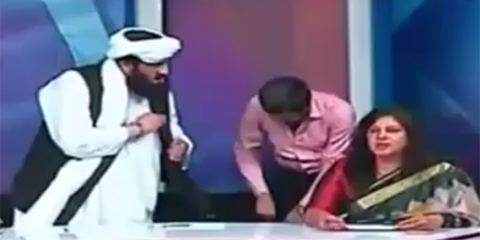
Television show turns hostile: Marvi Sirmed abused by JUIF leader
Published 9 years ago: Marvi Sirmed was verbally abused by JUIF leader Hafiz Hamdullah during a live television program in Islamabad, escalating the situation significantly.

The News journalist accused of plagiarism
Published 10 years ago: Amir Mir, a journalist from The News, faces plagiarism accusations from Newsweek's Benazir Shah over an article on Malik Ishaq's death.
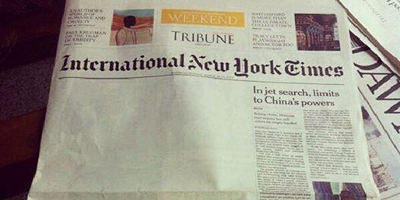
No news is good news?
Published 11 years ago: The International New York Times Asian edition features significant white space, stirring discussions on censorship in Pakistan's journalism landscape.
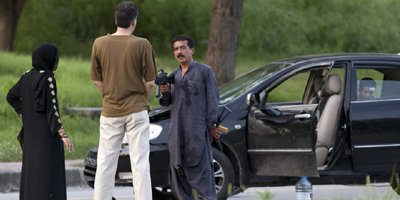
When sensibility deserted the media
Published 12 years ago: A gunman held Islamabad hostage for hours, challenging security and sparking media frenzy that raised questions about responsibility and public safety.

The 'big' list is out
Published 12 years ago: The Supreme Court of Pakistan publicly released a list of journalists who received funds from the Information Ministry's secret fund during 2011-2012.

When media aired their dirty linen
Published 13 years ago: The scandals of 2012 exposed deep-rooted issues within Pakistan's media, revealing corruption and ethical lapses among prominent figures.

A senseless editorial decision
Published 13 years ago: The Nation's controversial decision to publish a photo of Bashir Ahmed Bilour after his fatal attack sparks outrage and raises ethical concerns.
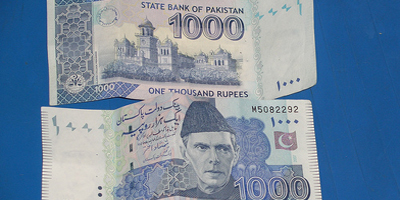
Money divides Peshawar journalists
Published 13 years ago: The Khyber Pakhtunkhwa government's cash distribution plan for journalists has sparked controversy and division within the Peshawar media community.
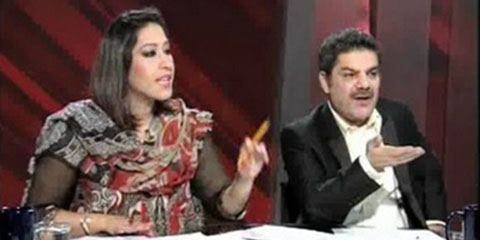
The dark side of journalism: staged interview sparksÃ? outrage
Published 13 years ago: Dunya News anchors face backlash after participating in a staged interview with Malik Riaz, highlighting ethical failures in journalism.
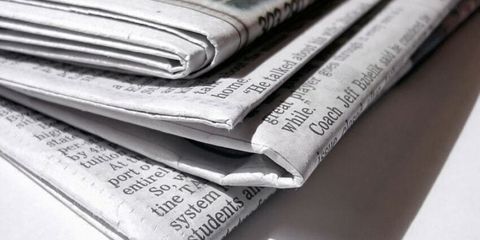
Media indifference disturbing
Published 13 years ago: Public anger rises over Pakistani medias muted coverage of the Siachen avalanche that buried 138 soldiers, while rescue teams continue operations in sub-zero.


